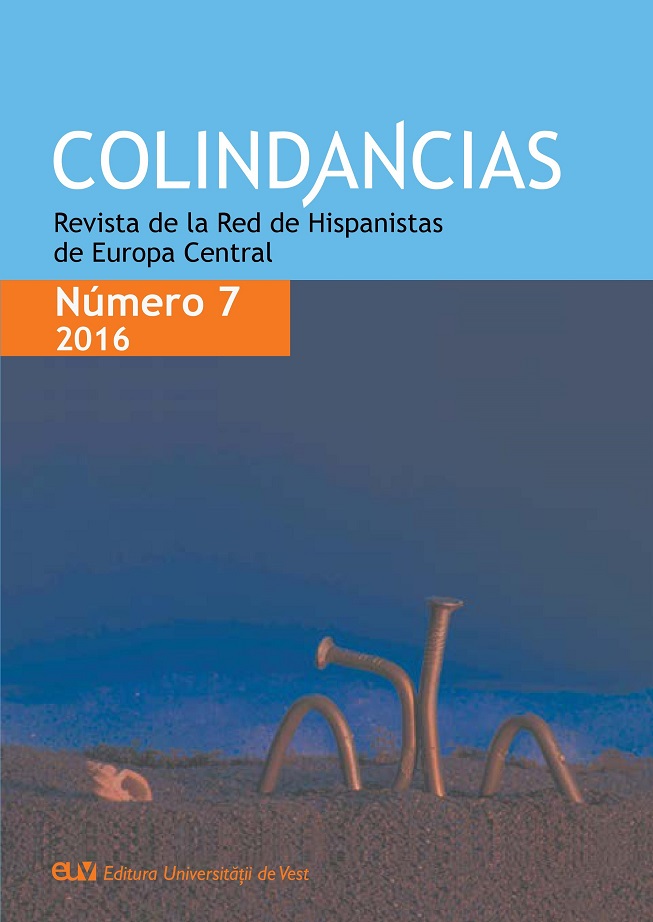Historia ficticia y ficción histórica. Ser hombre de armas en Lepanto, según los escritos de Herrera y Cervantes
History fiction and historical fiction. To be a Man-at-arms in Lepanto, according to the writings by Herrera and Cervantes
Author(s): Silvia Alexandra ȘTEFANContributor(s): Adolfo Rodríguez Posada (Editor), Ilinca Ilian Ţăranu (Editor), Gabriella Zombory (Editor)
Subject(s): Language and Literature Studies
Published by: Editura Universităţii de Vest din Timişoara
Keywords: Spanish Renaissance-Poetics Theory-Truth and Authenticity-Fernando de Herrera-Miguel de Cervantes
Summary/Abstract: The battle of Lepanto, given its importance, gave birth to a multitude of historical accounts, amongst which the first and most extensive on Spanish territory was the writing of Fernando de Herrera, Relación de la Guerra de Cipre y Sucesso de la Batalla Naual de Lepanto, published within less than one year after the real victory. Nevertheless, Herrera had not in fact left his Sevillian home land, not for one single second. Different from him and in all truth to a much less extent, Cervantes made use of his first-hand experience as a soldier on the field, and accounted for the same events in his fiction writings, which he subsequently published once a serious lapse of time had passed since the actual military events. The current paper aims at comparing depictions of men of arms in the historical writings of Herrera and the fictive writings of Cervantes as representations of Aristotelian Poetics concepts, such as truth and authenticity, as they were disseminated and commented upon in various reflexive texts of the Spanish Poetics Theory during the second half of the 16th century.
Journal: Colindancias - Revista de la Red de Hispanistas de Europa Central
- Issue Year: 2016
- Issue No: 7
- Page Range: 89-103
- Page Count: 15
- Language: Spanish

